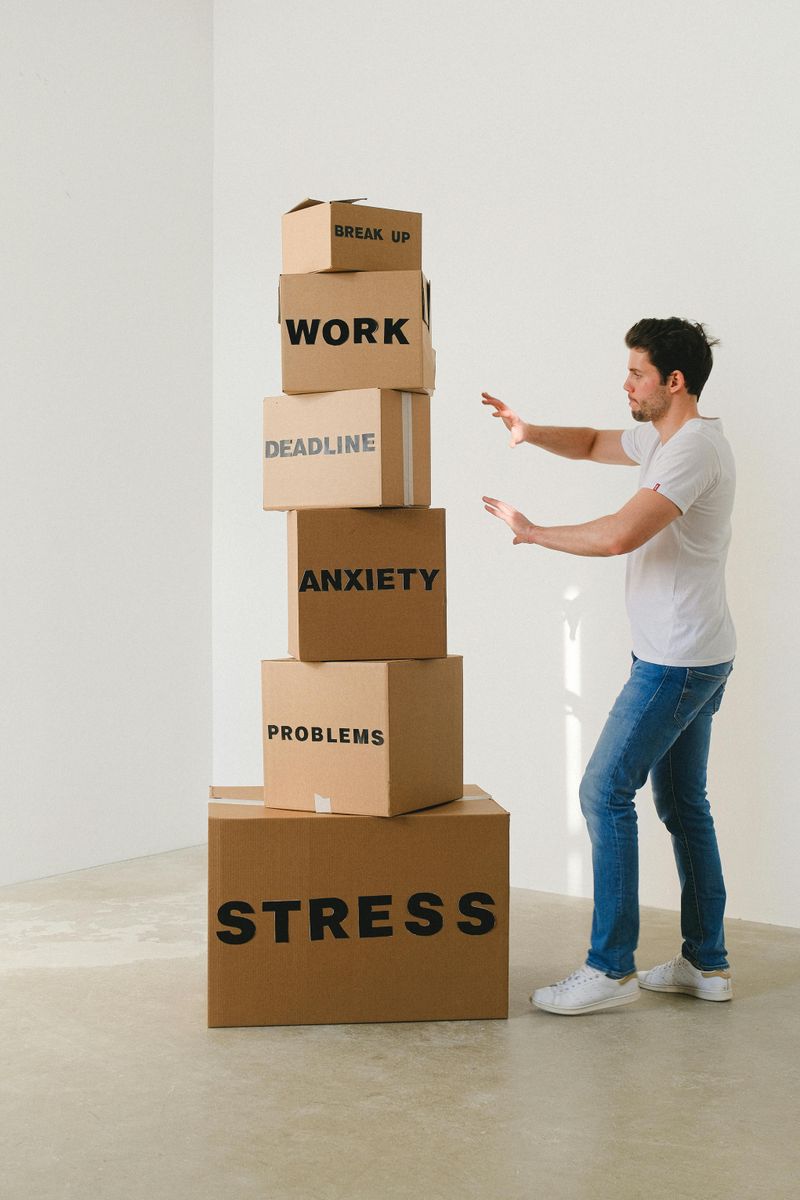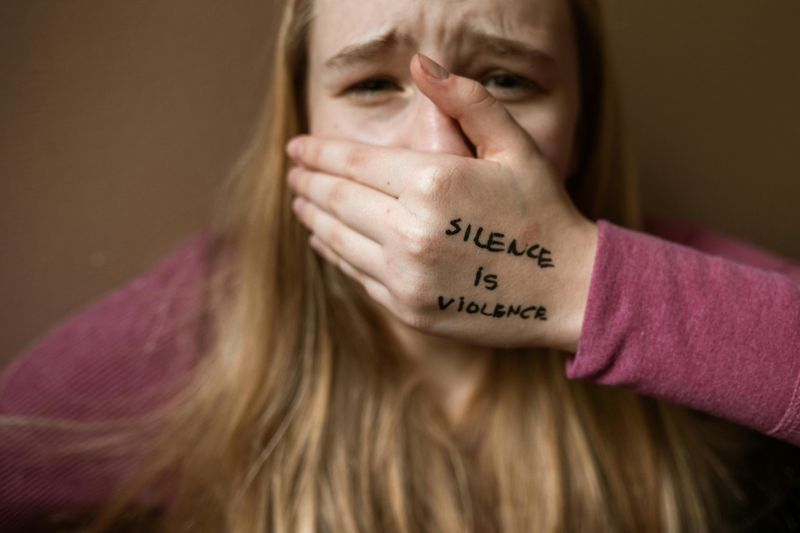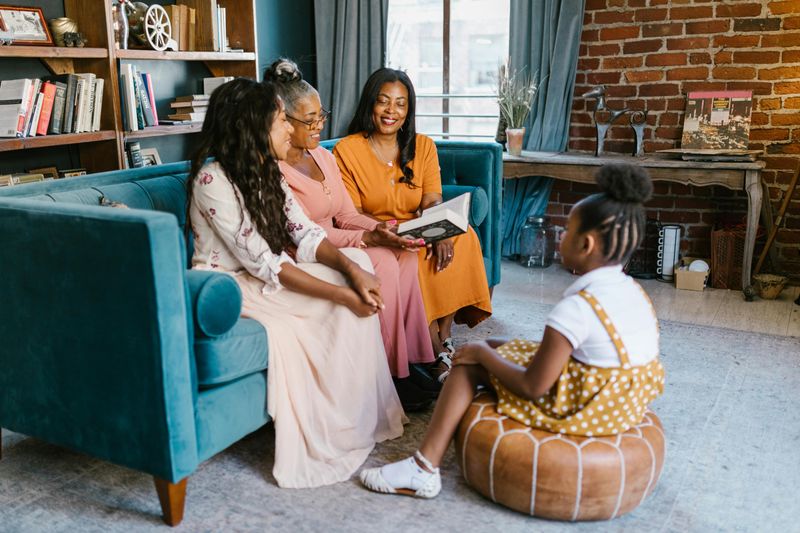Every older generation looks at the younger one and thinks they have it made. From Baby Boomers criticizing Millennials to Gen X questioning Gen Z, this pattern repeats itself endlessly. But here’s the truth: each generation faces its own unique battles, and comparing struggles across different eras is like comparing apples to oranges. Understanding why we all fall into this trap can help us bridge the generational divide and appreciate that hardship doesn’t disappear—it just changes its outfit.
1. Nostalgia Rewrites History

Our brains have a sneaky way of editing out the bad parts of our past. When older folks remember their youth, they often focus on summer days playing outside and forget about polio scares, lack of air conditioning, or limited job opportunities. This selective memory makes the past seem easier than it actually was.
Psychologists call this “rosy retrospection,” and it affects everyone. Your grandparents probably complained about walking to school in the snow, but they might not mention how much cheaper college was back then. Memory acts like an Instagram filter for the past.
This mental editing makes younger generations seem spoiled by comparison, even when they’re dealing with student debt, climate anxiety, and a completely different economic landscape.
2. Technology Creates New Problems While Solving Old Ones

Sure, smartphones put the world’s information in your pocket, but they also create constant pressure to be available 24/7. Previous generations didn’t have to worry about cyberbullying, social media comparison, or their embarrassing moments going viral forever. They clocked out of work and actually disconnected.
Technology solved problems like finding information or staying in touch with distant friends. However, it introduced anxiety disorders linked to screen time, sleep disruption from blue light, and the exhausting need to curate a perfect online persona.
Older generations see the convenience but miss the invisible mental load that comes with being perpetually plugged in and always on display.
3. Economic Challenges Shift Rather Than Disappear

Baby Boomers could work a summer job and pay for college tuition. That sounds amazing until you remember they faced sky-high inflation in the 1970s, limited career options for women and minorities, and no internet to work remotely. Each era presents different financial obstacles.
Today’s young people deal with crushing student loans, expensive housing markets, and the gig economy that offers flexibility but zero job security. Meanwhile, their grandparents entered a job market with pensions and affordable homes but far fewer career choices.
Comparing these struggles is pointless because the entire economic system has transformed. Different doesn’t mean easier—it just means different.
4. Social Progress Brings Visibility to Hidden Struggles

Previous generations often claim young people complain too much about mental health, identity issues, or discrimination. But these problems always existed—people just suffered in silence because talking about them was taboo. Progress means acknowledging struggles that were previously invisible.
Gay teenagers in the 1950s couldn’t come out without risking their safety and family relationships. People with depression were told to “snap out of it” rather than getting treatment. Women and minorities faced discrimination but had fewer legal protections or platforms to speak up.
Today’s openness about these issues isn’t weakness—it’s courage. Younger generations haven’t invented new problems; they’ve simply refused to hide them anymore.
5. Every Generation Faces an Existential Threat

Baby Boomers grew up practicing duck-and-cover drills, genuinely terrified that nuclear war could erase humanity at any moment. Their parents survived the Great Depression and World War II. Gen X worried about the Cold War ending civilization. Each generation has faced potential catastrophe.
Millennials and Gen Z now confront climate change, a threat that unfolds slowly but affects everything from where they can live to whether having children is responsible. The anxiety is just as real, even if the timeline is different.
Existential dread doesn’t get easier—it just wears different masks depending on what decade you’re living through.
6. Cultural Context Makes Comparisons Meaningless

A single income could support a family in the 1960s, but women had limited career options, divorce was scandalous, and leaving an abusive relationship meant financial ruin. Today’s dual-income necessity seems harder, but it comes with more personal freedom and legal protections.
Each generation operates within completely different cultural frameworks. What looks like an advantage from the outside might come with hidden costs, and what seems like a disadvantage might offer unexpected benefits.
Judging another generation’s experience through your own cultural lens is like criticizing someone for not winning a game when they’re playing by entirely different rules on a different field.
7. The Comparison Trap Prevents Understanding

When we insist our struggles were harder, we shut down conversation instead of building bridges. This competitive suffering serves no purpose except making everyone feel misunderstood and isolated. Empathy requires recognizing that pain is pain, regardless of its packaging.
Baby Boomers dealt with real hardships their parents couldn’t understand. Gen X faced challenges Boomers dismissed. Millennials and Gen Z navigate obstacles older generations can’t fully grasp. This pattern will continue forever unless we break the cycle.
Instead of arguing about who has it worse, we could acknowledge that every generation inherits a world with unique advantages and disadvantages, then work together to improve things for everyone.

Comments
Loading…